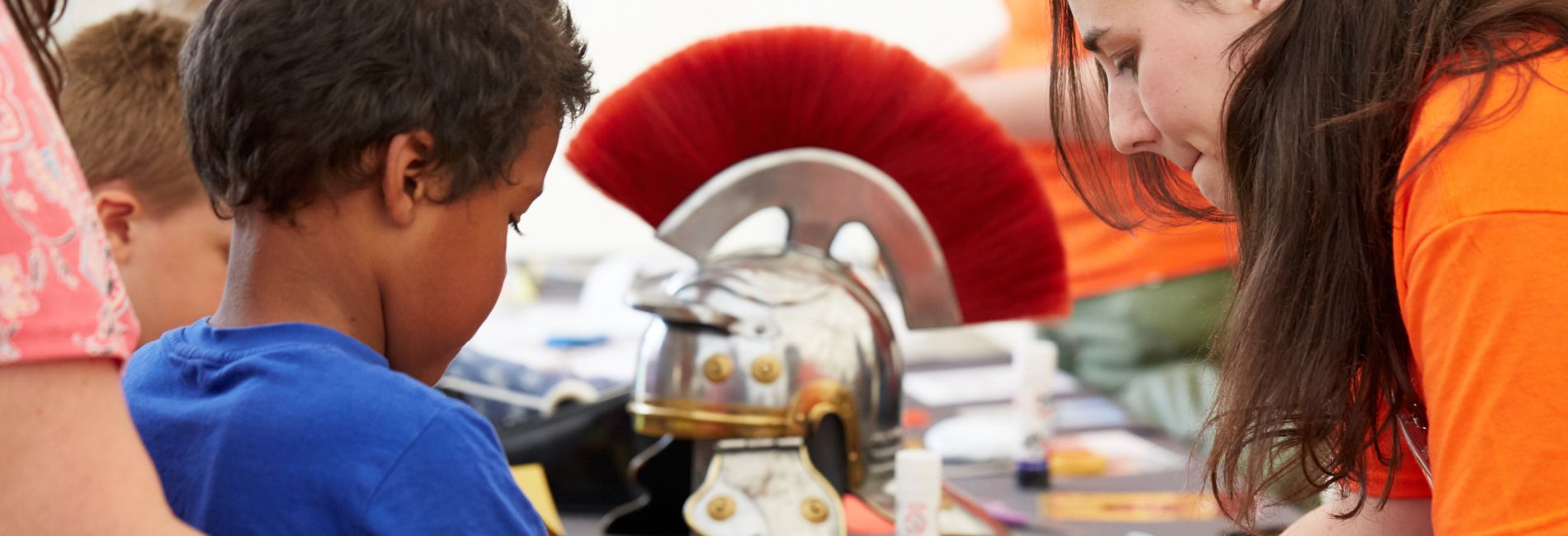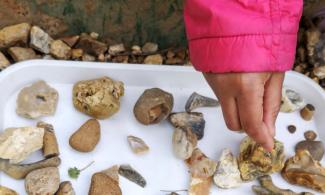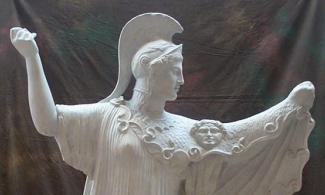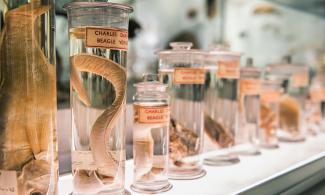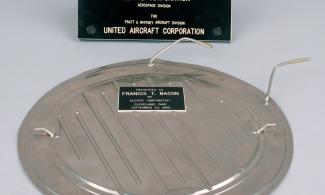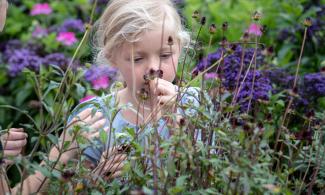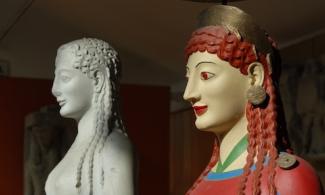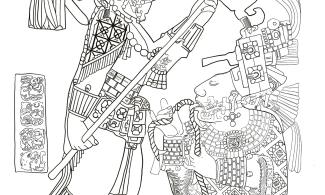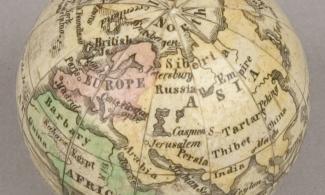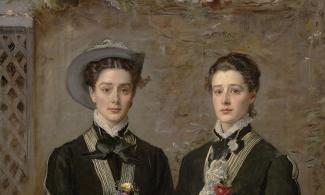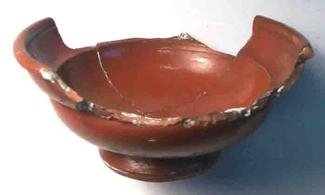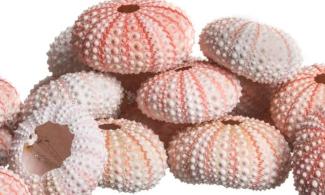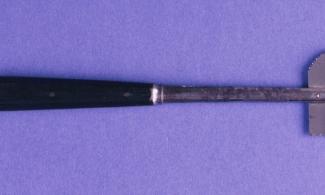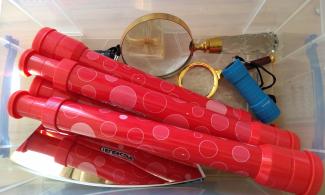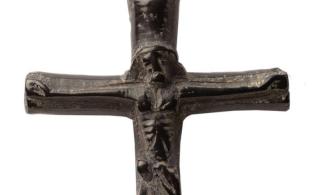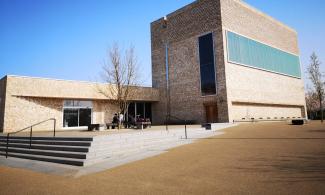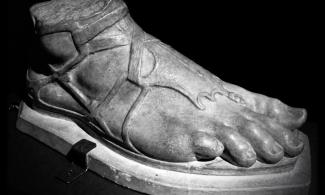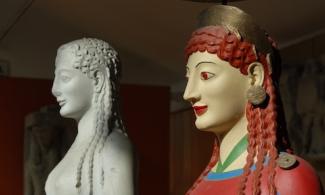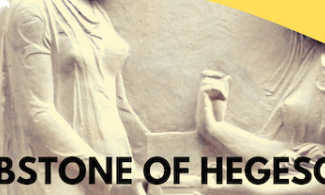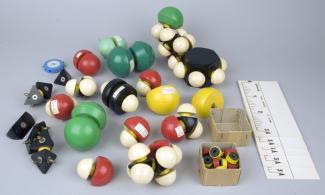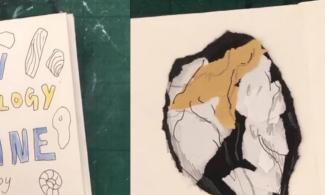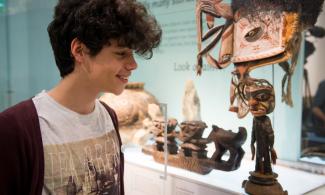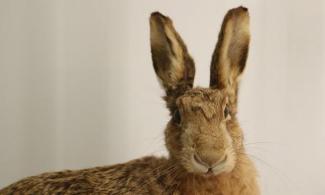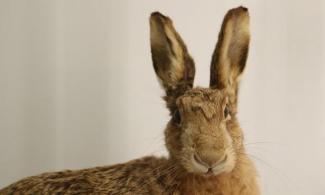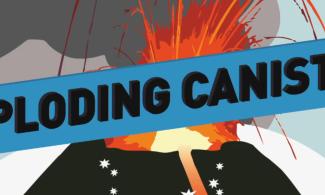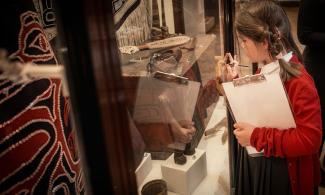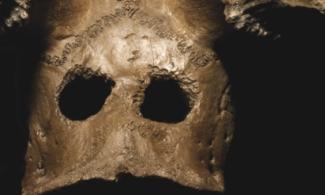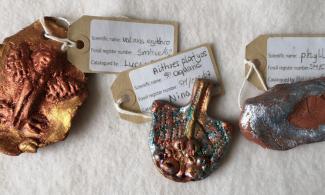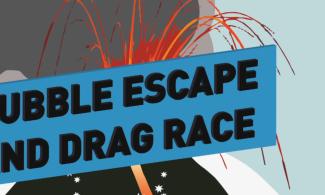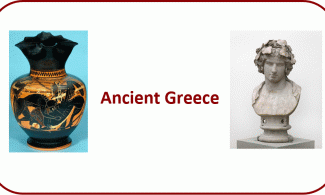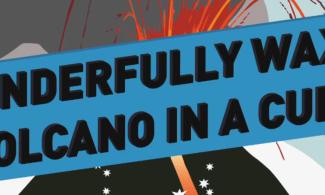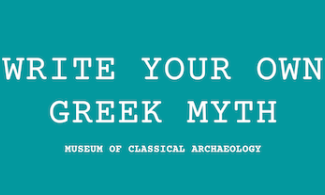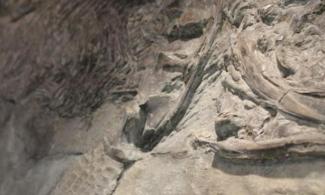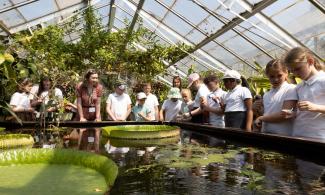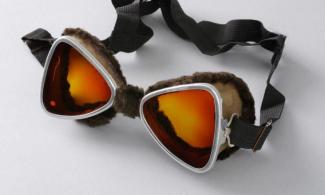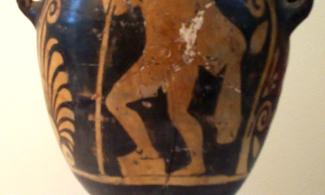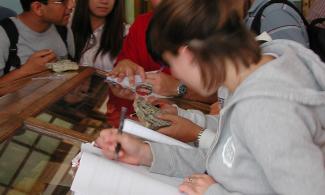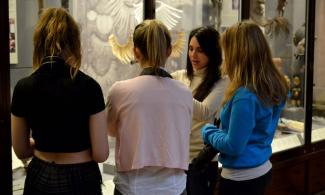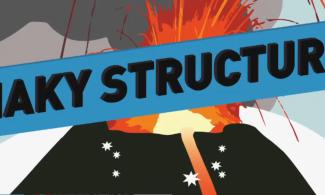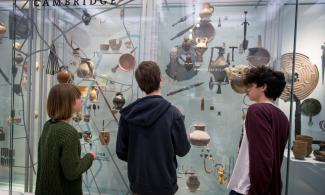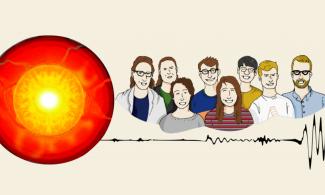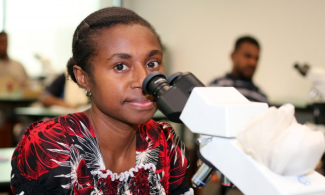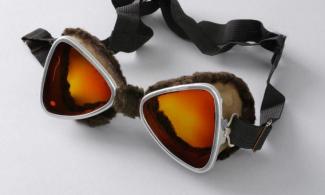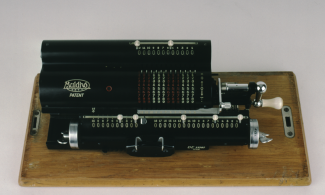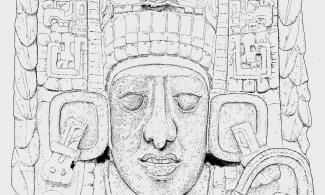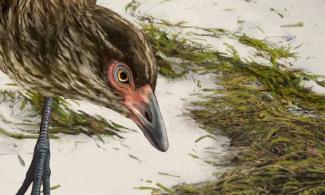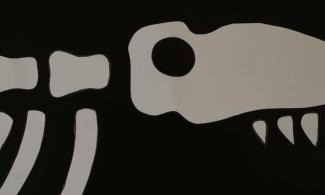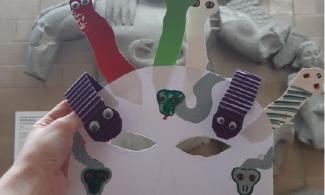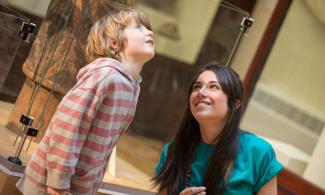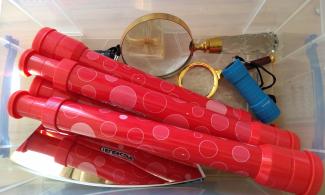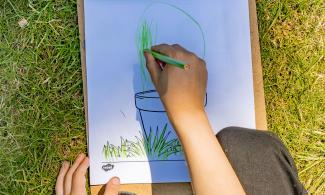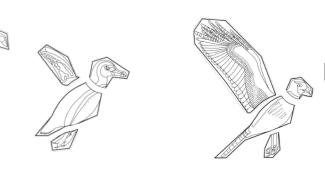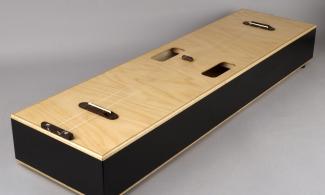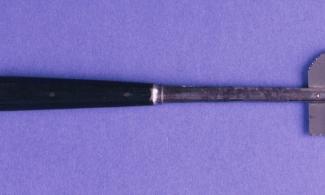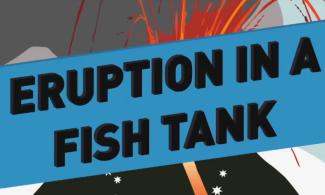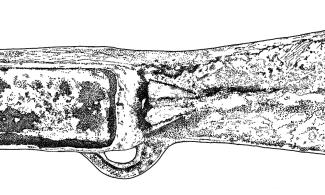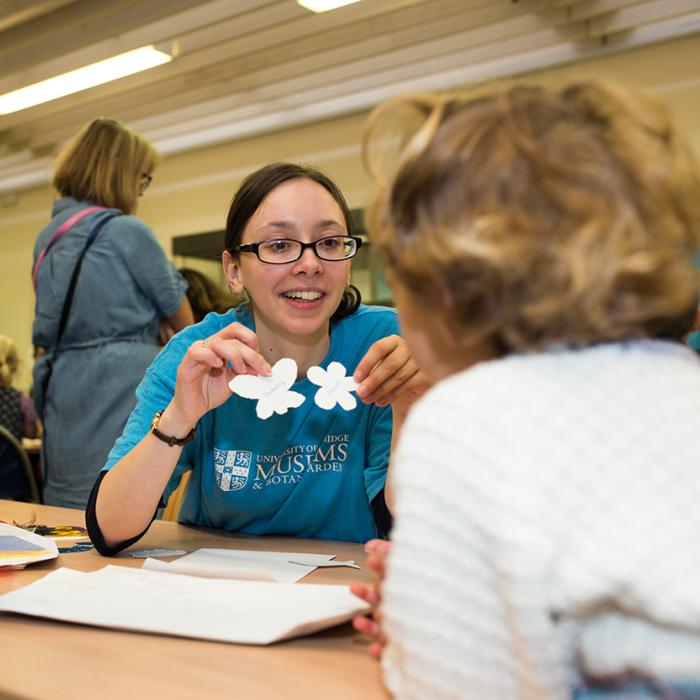Summer at the Museums is an annual programme of events for families which takes place between Saturday 25 July and Monday 3 September 2019. With hands-on activities happening throughout the summer holidays, there is plenty to get involved with.
We are looking for dedicated, enthusiastic volunteers who enjoy dealing with the public to help support the programme in a variety of ways.
There are various volunteer opportunities available across the University Museums and Botanic Garden. Tasks may vary, but often include:
- Setting up and clearing away visitor activities
- Greeting visitors/registering visitors for pre-booked activities
- Stewarding visitors and museum audiences
- Assisting families with workshop/activities
- Preparing materials for activities
- Assisting with evaluations/photo permission forms
- Assisting the UCM team with evaluation across the venues
What you will gain from this role
- Practical experience of engaging with museum visitors and staff
- Developing skills and experience within a museum setting
- Joining a motivated, fun and enthusiastic team
- Valuable experience that will enhance your CV
- The opportunity to meet new people within your local community
- Satisfaction of giving back
Skills required
Volunteers from all backgrounds and experience are welcome, especially those who have an interest in working in the Museum and Heritage Sector or in education. Confidence to interact with the public and especially with children and families is a must. Some of the time you will be working unsupervised, while also representing the museum to members of the public. You will need to have good observation and conversation skills and have an eye for detail. Many of the roles will involve moving around or standing.
Potential time involvement: Variable throughout Summer. Please note, there will be an Introduction Session for these roles on Thursday 4 July which volunteers are required to attend.
Location: The University of Cambridge Museums and Botanic Garden are all located in Cambridge city centre.
Responsible to: Museum activity coordinator
Training and Support
Your coordinator will provide you with relevant training for your role.
Health and safety responsibilities
You will be responsible for your own health and safety and that of others with whom you volunteer, by reporting all potential and actual health and safety matters including accidents using the correct procedures.
Legal check requirements for this role
We have a legal responsibility to ensure that you have the right to volunteer in the UK before you can start volunteering for us. If you do not have the right to volunteer in the UK already we will not be able to progress your interest any further.
To Apply
Please return a completed Expression of Interest form outlining your availability 25 July – 3 September to Niki Hughes, Opening Doors Project Coordinator opendoor@hermes.cam.ac.uk or University of Cambridge Museums, The Fitzwilliam Museum, Trumpington Street, Cambridge CB2 1RB.
Closing date: 12pm Thursday 20 June 2019
Please note, there will be an Introduction Session for these roles on Thursday 4 July 2019 at 3.30pm.
About the University of Cambridge Museums
University of Cambridge Museums is a consortium of the eight University Museums, which works in partnership with the Cambridge University Botanic Garden and other Cambridge University collections. They include: Fitzwilliam Museum, Kettle's Yard, Museum of Archaeology and Anthropology, Museum of Zoology, Museum of Classical Archaeology, Whipple Museum of the History of Science, The Sedgwick Museum of Earth Sciences and The Polar Museum. The University of Cambridge Museums is supported using public funding by Arts Council England.
The University's collections are a world-class resource for researchers, students and members of the public representing the country’s highest concentration of internationally important collections, all within walking distance of the City Centre.
Find us on Facebook Cambridge University Museums
Follow us on Twitter @CamUnivMuseums
Follow us on Instagram cambridgemuseums
